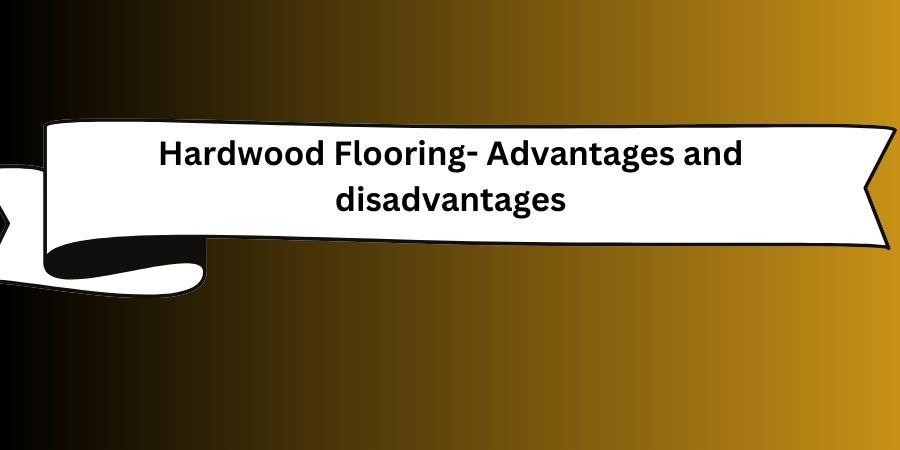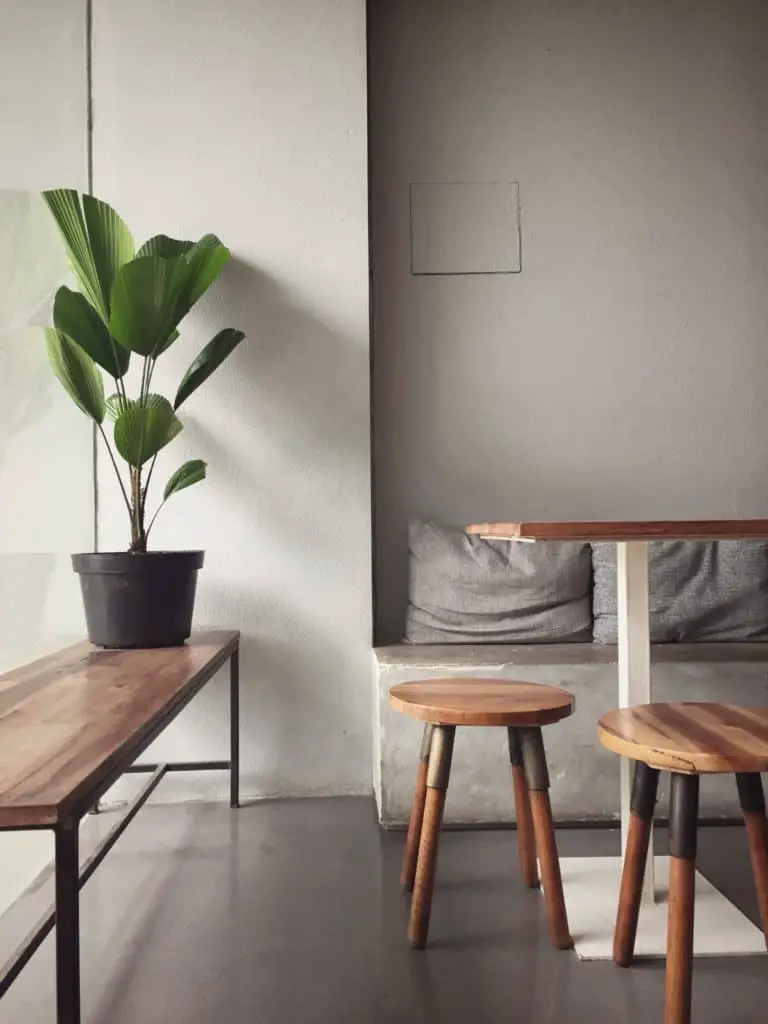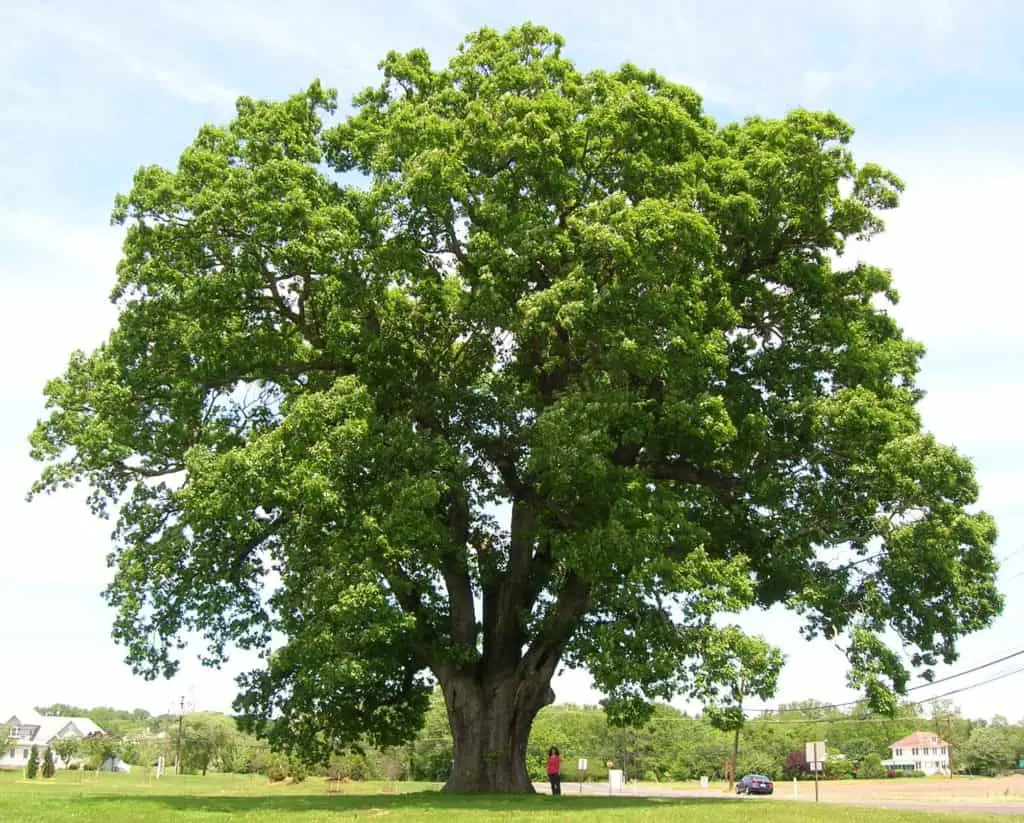Aesthetic Appeal: Wooden flooring has a timeless and classic look that can enhance the overall appearance of your home. The natural beauty and warmth of wood can create a cozy and inviting atmosphere in any room.
Hardwood flooring advatags
Durability:
Hardwood flooring is known for its strength and durability. Properly maintained wood flooring can last for decades, making it a great long-term investment.
Versatility:
Hardwood flooring can be installed in a variety of different styles and finishes to match any interior design style or personal preference.
Easy to Clean:
Compared to other, it is relatively easy to clean and maintain. A simple sweep or vacuuming can keep it looking good for years.
Health Benefits:
Unlike carpeting, hardwood flooring doesn’t trap dust, dirt, or allergens, making it a healthier option for those with respiratory issues or allergies.
Sustainability:
Wood is a renewable resource, making it an eco-friendly flooring option.
Comfort:
Wood flooring can provide a comfortable surface to walk on, reducing stress on joints and feet.
Customizable:
Hardwood flooring can be stained, painted or finished in a variety of ways, allowing you to customize it to your preferences.
Timeless:
Wood flooring has been a popular choice for centuries, and it is likely to remain so for many more years to come.
Disadvantages of hardwood Flooring:
Cost:
Wooden flooring can be more expensive than other types of flooring, making it a more significant financial investment.
Susceptibility to Water Damage:
Not sutied for humid envriment because wood is prone to water damage, which can cause it to warp or swell. This makes it unsuitable for high-moisture areas like bathrooms or kitchens.
Scratches and Dents:
Scratches and dents are common for wood flooring, which can occur due to heavy foot traffic or the movement of furniture.
Temperature Sensitivity:
Wood flooring can be affected by temperature changes, which can cause it to expand or contract.
Slipperiness:
Small amout of water can make wooden floors slippery, making it a potential hazard for young children or the elderly.
Installation Time:
Installing wood flooring can be a time-consuming process, requiring skilled labor and specialized tools.
Noise:
Noise can be another issue when walked on, which can be a problem in multi-level homes or apartments.
Maintenance:
Maintenance is also an issue with wood flooring, including refinishing and resealing every few years.
Fading:
The colors can fade over time due to exposure to sunlight or UV rays. Not always, but you will need to make sure you keep it stained.
Limited Color Range:
The natural color of wood limits the range of colors available for wooden flooring. While it can be stained or painted, it may not be possible to achieve certain shades or hues.
Types of flooring- with pros and cons
Hardwood Flooring:
Pros:
- Durable and long-lasting
- Adds value to your home
- Aesthetically pleasing
- Can be refinished multiple times
Cons:
- Expensive
- Susceptible to water damage
- Requires regular maintenance
- Can be noisy to walk on
Laminate Flooring:
Pros:
- Affordable
- Easy to install
- Resistant to scratches and fading
- Low maintenance
Cons:
- Not as durable as hardwood flooring
- Cannot be refinished
- Susceptible to water damage
- May not add value to your home
Tile Flooring:
Pros:
- Durable and long-lasting
- Resistant to water and stains
- Available in a wide range of colors and styles
- Easy to clean
Cons:
- Can be cold and hard to walk on
- Can be expensive to install
- Grout can be difficult to clean
- May crack or chip over time
Carpet Flooring:
Pros:
- Comfortable to walk on
- Can add insulation to your home
- Available in a wide range of colors and styles
- Can be affordable
Cons:
- Susceptible to stains and wear
- Requires regular cleaning
- Can trap dust and allergens
- May need to be replaced more frequently than other flooring types
Vinyl Flooring:
Pros:
- Affordable
- Resistant to water and stains
- Easy to clean
- Available in a wide range of colors and styles
Cons:
- Not as durable as hardwood or tile flooring
- Can be easily scratched or torn
- May not add value to your home
- Can emit VOCs (volatile organic compounds) during installation
Cork Flooring:
Pros:
- Eco-friendly
- Resistant to water and stains
- Comfortable to walk on
- Available in a wide range of colors and styles
Cons:
- Not as durable as hardwood or tile flooring
- Can be easily scratched or dented
- May require regular maintenance
- Not suitable for high-moisture areas
Concrete Flooring:
Pros:
- Durable and long-lasting
- Easy to clean
- Available in a variety of finishes and colors
- Resistant to water and stains
Cons:
- Can be cold and hard to walk on
- Can be expensive to install
- May crack over time
- Not suitable for all design styles
Each type of flooring has its own set of advantages and disadvantages, so it’s important to consider your lifestyle, budget, and personal preferences when choosing the right type of flooring for your home.





